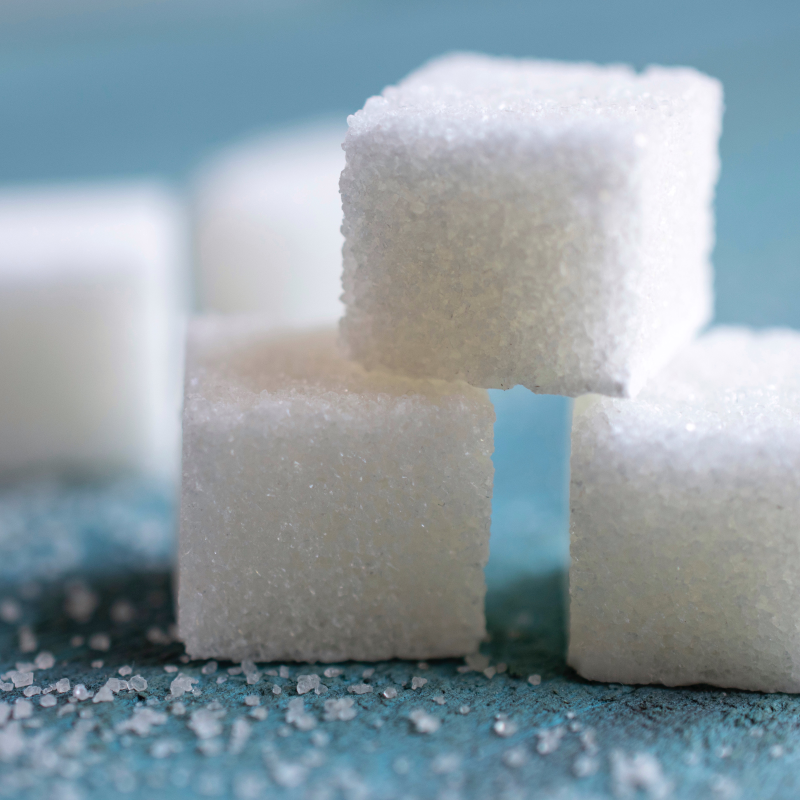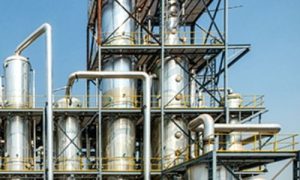NSDC Urges Investors to Tap into Nigeria’s $2bn Sugar Market

Nigeria’s sugar market exceeds \$2 billion, and the National Sugar Development Council is urging investors to boost local production. Executive Secretary Kamar Bakrin highlighted available land, incentives, and by-product opportunities such as ethanol and biogas. With AfCFTA access, Nigeria aims to become Africa’s cost leader and close future supply gaps.
The National Sugar Development Council (NSDC) has urged investors to tap into Nigeria’s sugar market valued at over $2 billion.
This call was made by the Executive Secretary of NSDC, Mr Kamar Bakrin, when he met with members of the All Farmers Association of Nigeria (AFAN) on a courtesy visit.
He emphasised that boosting local sugar production is both a strategic economic move and a profitable venture backed by strong government support.
“This is the right time to invest. The Nigerian sugar market is currently valued at over $2 billion, Africa’s at $7 billion, and the continental deficit will rise to 13 million tonnes in 2030 due to rising demand and supply gaps. The market for sugar by-products is worth $10 billion,” Mr Bakrin said.
He explained that Nigeria’s sugar consumption figures, foreign exchange realities, and global supply chain uncertainties have made local production more competitive than imports.
NSDC said after a viability assessment, it has secured 150,000 hectares of land suitable for sugarcane cultivation in secure areas with good climate, water access, and community support.
Mr Bakrin outlined four key factors driving investment potential: attractive markets, operational feasibility, sound economics, and sustainable, future-proof business models.
The council noted that it aims to put 50,000 hectares through a commercial outgrower initiative, targeting farmers managing 50–200 hectares near sugar estates in Numan, Bacita, Sunti, and Lafiagi.
NSDC said to de-risk investments, it offered incentives under the NSMP II, including access to the Nigeria Sugar Industry Development Fund (NSIDF), equipment import tariffs, a five-year tax holiday, 30 per cent tax credit on infrastructure, land clearing and lease facilitation, seedling and input support, mechanisation aid, technical expertise from the Nigerian Sugar Institute, and guaranteed offtake agreements.
“We are not just inviting investors; we are providing the tools, capital, and partnerships to ensure they succeed,” Bakrin stressed, noting by-product opportunities such as ethanol, animal feed, biogas, bioelectricity, and bioplastics.
Highlighting the African Continental Free Trade Area (AfCFTA), Mr Bakrin said Nigeria could emerge as Africa’s cost leader in sugar production with preferential access and policy backing.
To Read more about Sugar Industry continue reading Agriinsite.com
Source : Business Post















